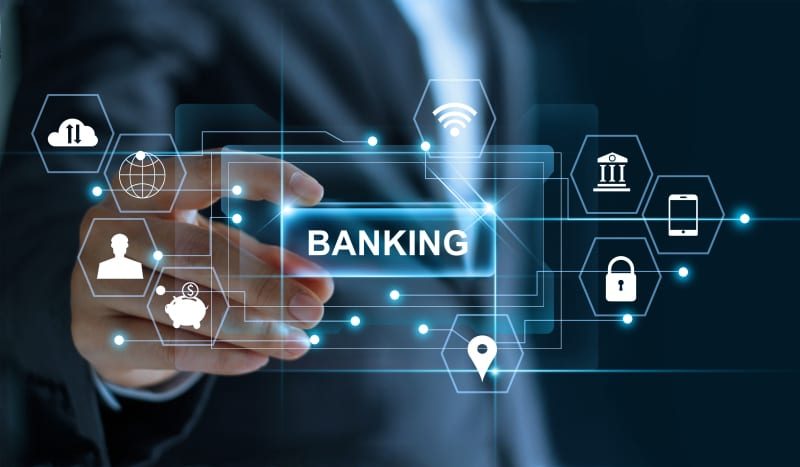
I see so many articles with titles like:
- What will banks do when Amazon becomes a bank?
- Google to take on banks
- Big Tech versus Big Banks
... and so on and so forth.
If you haven’t noticed, I keep on saying that Amazon, Google and Big Tech will NOT become banks. Forgive me if I’m wrong, but I just don’t see it. A Big Tech company like Alibaba/Ant have had their wings clipped in China, and the same holds true for any technologically-led organisation whether in America or Asia: if the regulator does not see you behaving like a bank, you cannot become a bank.
The result is that Big Tech is not fighting Big Banks, but will work WITH the big banks. They do already – Amazon with JPMorgan Chase, Google with Citi, Apple with Goldman Sachs. Equally, Big Tech sells lots of advertising and technology TO big banks. They are not going to bite the hand that feeds them.
The same applies to FinTech. FinTech firms that undermine banking operations are often slapped down by regulators. Even those doing well – Stripe, Square, PayPal, TransferWise, Revolut, eToro and such like – tend to be doing things that banks do not do. In fact, the most successful FinTechs serve customers that banks do not serve and solve problems the banks cannot solve. Making online payments easier for small merchants, providing financial inclusion, allowing simpler transfer of funds across borders and so on.
Bottom-line: if a FinTech looks like a bank, walks like a bank and smells like a bank, it is a bank and probably not a challenger bank. It is just a bank, and will be regulated and behave like one, so how does it differentiate? Leave banking to the banks.
The same lessons apply to crypto and digital currencies. Look at bitcoin at the moment – a great techno experiment but all regulators bleat about consumer protections. Where are they in cryptocurrency? The central banks are now all saying: we will issue currencies that look like bitcoin, are digital, but backed by central governments. The eKrona, eDollar, eYuan, eEuro and eByGum are all on the way. When they arrive, will Dogecoin stand a chance even if Elon Musk says woof?
In fact, there have been so many issues with unregulated cryptocurrency markets that the real money has flooded to the regulated cryptocurrency exchanges like Coinbase. Hence, the reason why they are valued at $75 billion - that’s a pretty big FinTech start-up (Coinbase was founded in 2012).
What’s the lesson here? What’s the message?
The lesson, the message, the take-away, the main line is this: if it looks like a bank, walks like a bank, talks like a bank, behaves like a bank, thinks it’s a bank, smells like a bank, then it’s a bank and it’s regulated like a bank. It is not a disruptor and it is not going to eat the banker’s lunch. It is just another bank struggling to grow up from being a small one to be a bigger one.
Oh, and stealing bankers’ lunches? Not recommended as bankers tend to bite, including the hand that feeds them. That is a banker’s privilege.
Chris M Skinner
Chris Skinner is best known as an independent commentator on the financial markets through his blog, TheFinanser.com, as author of the bestselling book Digital Bank, and Chair of the European networking forum the Financial Services Club. He has been voted one of the most influential people in banking by The Financial Brand (as well as one of the best blogs), a FinTech Titan (Next Bank), one of the Fintech Leaders you need to follow (City AM, Deluxe and Jax Finance), as well as one of the Top 40 most influential people in financial technology by the Wall Street Journal's Financial News. To learn more click here...

